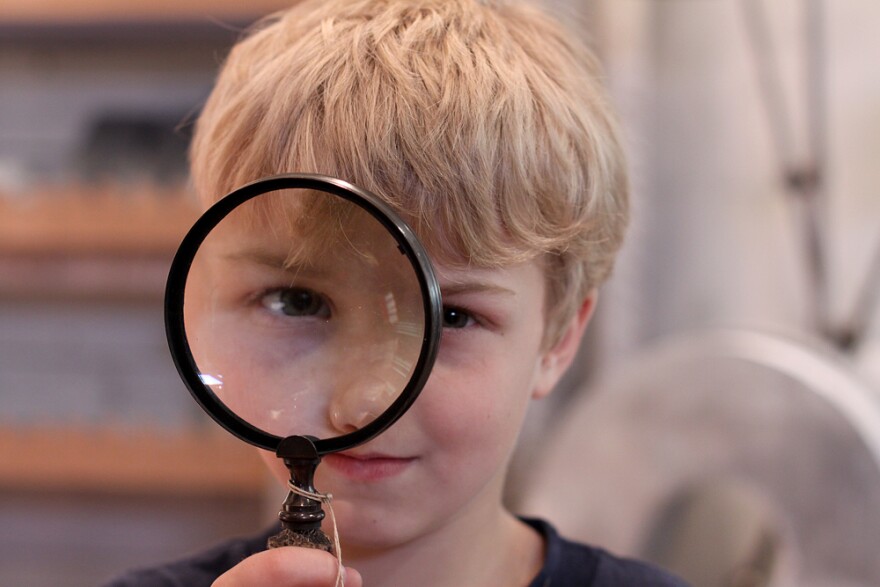There was a protest at the University of Michigan hospital earlier this week about what one family says is a flawed child abuse investigation case. The protestors claim there’s a financial conflict of interest between the hospital and Child Protective Services because CPS pays U of M hospital to provide expertise on child abuse cases.
Stories like this have come up on our radar before. When individual cases involving suspected abuse do make headline news (this family was on the Dr. Phil show), they typically involve financially well-off, white families (like the “Mike’s Hard Lemonade” case that happened back in 2013).
Unfortunately, for every case where CPS workers may have been overzealous, there are many where abuse and neglect go undetected.
Regardless of the outcome, these stories can be important because they provide a glimpse into Michigan’s larger child welfare system, which even when it is working perfectly is going to make some families upset.
State of Opportunity wanted to provide an extra lens to look at the situation from a child’s perspective, because an investigation involving suspected child abuse isn’t just about the parent’s experience – it’s primarily about children.
We’ve put together a digest on some of our past reporting on CPS investigations. We encourage you to read the full article, but here are some quick things you should know:
- Abuse is often hidden and hard to catch
- A lot of professionals (like teachers, social workers, and people working in hospitals) are mandated reporters – they’re legally required to report suspected abuse, whether they want to or not.
- CPS investigations are traumatizing for both kids and parents
- Investigations are unexpected, stressful, and can feel like a violation to the family (because they are)
No matter how disruptive these investigations are, they’re vital to making sure kids are safe. Even though the number of CPS investigations have gone up, there’s still a lot of abuse and neglect that stay under the radar. Court monitors say that since 2011, the Michigan Department of Health and Human Services should have protected more than 1,200 kids still with their families from harm, and protected another 400 kids in foster care from additional abuse and neglect.





